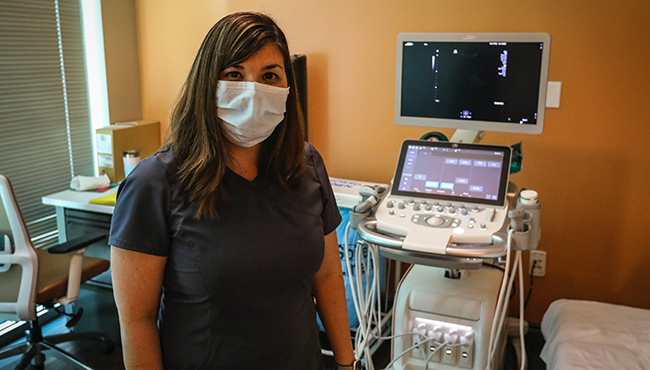Over the last few months, the Ontario Ford government has been under immense pressure to address staffing shortages throughout the healthcare system, which in some cases has put the lives of patients and residents at risk. Staffing issues have been an ongoing problem in healthcare and have been especially endemic in long term care. In addition to short staffing, the system’s reliance on part-time work has put many lives in jeopardy, both that of patients and workers. The pandemic has shone a bright spotlight on the inadequacies of current practices and staffing issues, tragically resulting in worker and resident deaths.
Urgent calls for the province to address the crisis in healthcare were met with Premier Ford announcing Conestoga College increasing training capacity in their Personal Support Worker (PSW) program from 200 students per year to 2,000 over a five-year period. The investment in the program is funded by private money, which indicates that the province is not ready to commit to addressing staffing issues on a long-term basis.
“While this will certainly help address staffing shortages experienced throughout the system, the government must also set in place provincial standards for training and lower tuition costs so as to enable more students to enroll.” commented Stan Pickthall, General Vice President for Canada. “Provincial standards for training ensure that students are job-ready upon graduation, but also that students are trained to give the highest standard of care,” Pickthall added. The IAMAW also urges the province to make a sustained effort to fund the training of workers for industries where labour shortages are pressing.
“The people of Ontario shouldn’t have had to experience a healthcare crisis of this magnitude, nor should we have to wait much longer to make sure that workers are working safely, and that patients, clients, and residents are getting the care they deserve. Without additional steps, the goal of improving care in the system will fall short.” Pickthall added. While training of workers is the first step, the province should also consider compensation for the skilled work personal support workers do.
The IAMAW advocates for and urges the Ford government to consider keeping in place pandemic pay as a premium in workplaces deemed essential, including healthcare. Research has shown that workers who have the highest risk of exposure to infectious diseases are incidentally those who are in insecure, low paid employment. “It is only fair that these workers are compensated fairly for the risks they take on for the well-being of our communities,” stated Pickthall.
Given the magnitude of this crisis, it is clear that the province should consider developing a human resource strategy in healthcare, which would include recruitment and retention on an ongoing basis to make sure staffing needs are met. The situation continues to be uncertain, but the IAMAW will be pushing the provincial government to take proactive steps to prevent another disaster in the health system borne on the backs of those most vulnerable.
For more information on IAMAW’s priorities for the health sector, please visit;
http://www.iamaw.ca/iam-healthcare-bargaining-priorities/
Ivana Saula
Research Director, IAM Canada



